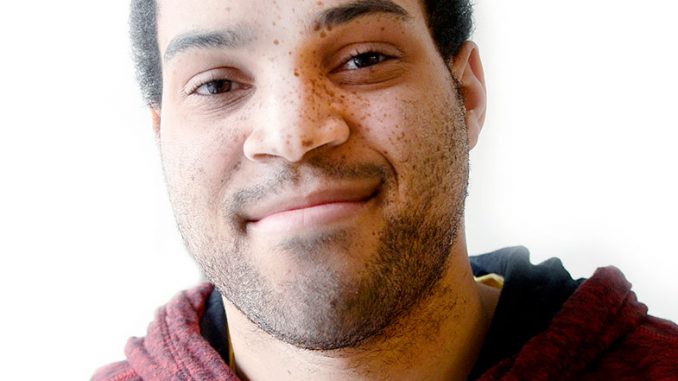
 “There has been some unrest,” said Teresa Soufas, the Dean of the College of Liberal Arts.
“There has been some unrest,” said Teresa Soufas, the Dean of the College of Liberal Arts.
In light of the public demand for his salvation, the non-renewal of African American Studies professor Anthony Monteiro’s contract can be seen as yet another blow to the relationship between Soufas and the African American studies department.
Last year, African American Studies chair Nathaniel Norment’s retirement left a vacant position at the university. The AAS department elected Kariamu Welsh, who was then stationed in the dance department, but had AAS experience and was a widely published scholarly author.
Soufas saw Welsh as unfit for the position, and vetoed the department’s selection, an action that broke union policy rules.
“[Welsh] was from another school and was not an appropriate match,” Soufas said. “I told them to reconsider and find someone in the CLA. They refused and that’s when I asked someone else to act as an interim chair until it was resolved.”
The interim chair was then-Vice Dean Jayne Drake. Her appointment caused uproar in the AAS department.
Monteiro, who considered himself a leader of those protests, believes his letting go had a direct correlation with his outspokenness.
“[I was] very active in the protests, in some ways I think I was the face of the protest,” Monteiro said. “I represented the Temple student body as well as the community. I think it had a lot to do with my firing. I challenged the authority of the dean and the way she sees the management of the CLA. It’s difficult for her to deal with criticism or what she would consider insubordination.”
Monteiro’s letting-go caused communal uproar, inciting student organizations such as People Using Real Power and Temple Democratic Socialists to stand behind Monteiro.
“The department is changing directions, away from civic issues in American history to other areas,” Soufas said.
“They are not going to hire someone else to teach W.E.B. Dubois, that’s not something they need now. The department doesn’t need his field of teaching.”
While Monteiro’s field of expertise is considered expendable by department administration, it is hard to believe Dubois studies will be completely dropped from a curriculum. It’s undeniable that Dubois is a cornerstone for the American civil rights movement.
Either the AAS studies curriculum is moving in the wrong direction, or the alleged dropping of Dubois studies is innacurate.
The main cause of protest and debate during the appeal process has been Monteiro’s tenure. Monteiro left a tenured position to teach at Temple under the pretense that he would be granted the same here as well.
However, Norment, the chair who allegedly offered Monteiro tenure, retired before fulfilling his promise.
Monteiro’s understanding of the tenure track was that it was personalized and unique in every case.
“I don’t think there are any established steps,” he said. “It differs from department from department and almost person to person. It usually has something to do with how the faculty views a certain person.”
However, Soufas and Senior Vice Provost for Faculty Development and Faculty Affairs Diane Maleson confirmed there are guidelines in place. The process takes more than six years for a tenure-track junior faculty member.
In the faculty member’s fifth year, they request tenure by submitting a dossier of written publications and other specialized content required by each of Temple’s departments.
The dossier then goes through an extensive review process, which includes various levels of approval. If the portfolio is deemed insufficient at any point, it either gets denied or sent back to the prior tier of approval.
No professor can be promised tenure upon his or her hiring, Maleson said. As such, it seems that Norment’s promise to Monteiro can only be considered illegitimate.
If Monteiro was hired as a non tenure-track employee, it seems that he could not be promised tenure at Temple.
E.J. Smith can be reached at esmith@temple.edu or on Twitter @ejsmitty17.
CORRECTION: In a version of this article that appeared in print, a reporter misattributed quotes said by Senior Vice Provost for Faculty Development and Faculty Affairs Diane Maleson as being said by Assistant Vice Provost Erin Palmer.


Be the first to comment